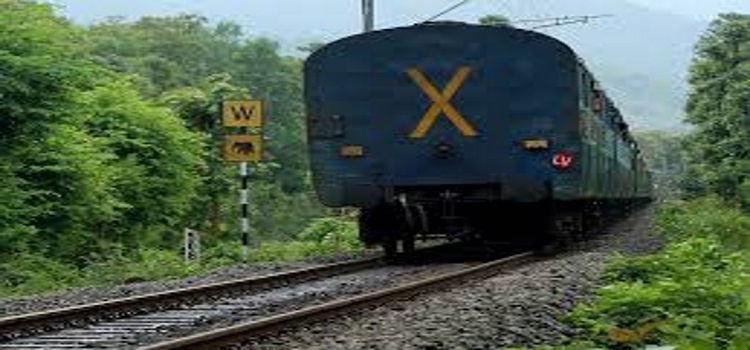
The train punctuality and the overall financial performance of the Southern Railway zone, spread over Tamil Nadu and Kerala, has declined in the past few years.
In his Republic Day speech on Friday, General Manager R K Kulshreshtha said the Zone’s punctuality in the first nine months of 2017-18 was 83.7%, which was 88% during the corresponding period in the previous year. It was 85.5% up to July 2017 and 87% during the 2016-17 financial year.
Trains running through the Palakkad and Trivandrum divisions of the zone have been severely delayed in the past few months owing to large-scale track maintenance works, which has adversely affected the train punctuality, said senior officials.
The figures are likely to drop further as the railway board last month asked for digital recording of train arrival and departure timings, dissuading Southern Railway from manually fudging the figures to show higher numbers.
Chennai Division’s punctuality performance shows slight improvement in the last few years, which is largely due to better on-time performance of suburban trains. Data shows that the division’s punctuality was 74.5% in 2015-16, 78.25% in 2016-17, while it was at 83% in the first nine months of 2017-18. The punctuality of suburban trains has gone up from 81.1% in 2016-17 to 87.5% in 2017-18.
In terms of train punctuality, Tiruchirapalli division has recorded the best performance in the zone (96%) in the first nine months of the fiscal. It was 97.5% in 2016-17, 94% in 2015-16 and 94.1% in 2014-15.
“Punctuality is dependent on many factors like no run-over accidents, absence of unmanned level crossings, mechanical and signal failures and maintenance blocks as well,” said a senior official in the traffic wing.
The operating ratio, which is a measure of the financial performance of the zone, is 168.07 in the April to December 2017 period. This number was 165.8 up to July 2017 and 146.9 for the financial year 2016-17. For 2015-16, the zone had an operating ratio of 134.9.
The operating ratio is the amount spent by the zone to earn every Rs 100.
This is mainly because the zone’s earnings have decreased by around Rs 80 crore in the current year as compared to the previous year where it stood at Rs 5,505 crore. Sources said that while passenger traffic and earnings have gone up, freight traffic has not picked up. There has also been an increase in expenditure for various capacity addition works, which has escalated the operating ratio.
